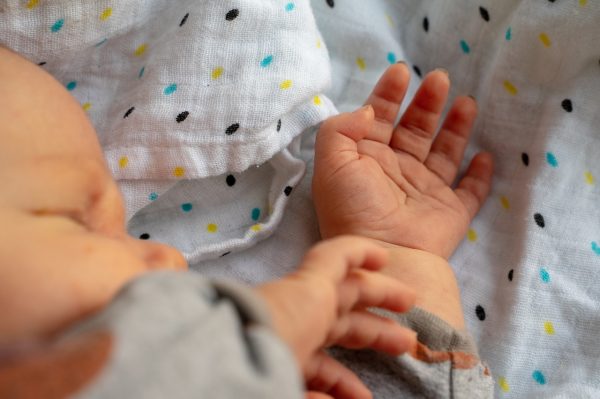Midwives Australia believe and fight for every woman to be able to access midwifery continuity of care, from the moment she discovers she is pregnant, to the time she and her baby complete the postnatal period of around six weeks after birth.
Evidence strongly supports the model and consumer demand over the last three decades has sought this model of care.
Pregnancy
Midwives Australia wants to offer women the chance to experience one on one midwifery care through a public employed MGP or a midwife in private practice from the moment they are pregnant until their baby is six weeks old.
For women, the midwife providing most of your care is referred to as your ‘primary’ midwife. They may work with a second midwife or back up midwife. Some models do have more than one back up midwife, but it is important that most of your care is with a pair or group of three midwives, so you get to know them well.
Midwives perform checks on the baby’s growth and heart rate, as well as monitoring the woman’s health. Private practice midwives can also order ultrasounds and any blood tests or pathology screening. Midwives can provide the vast majority of pregnancy care, similar to any maternity care provider, with significant benefits such as longer appointments, individualised options around place of appointments and involvement of your whole family.
In labour, the main point of contact and person providing the majority of care is generally the primary midwife. They provide early labour care potentially at home and then offer care through labour and birth until the baby is several hours old and has generally fed. The backup midwife may be involved depending on the length of labour and teams wishes.
Following birth, the midwife is available on call and generally visits daily for several days, and weekly until the baby is around six to seven weeks old.
Midwifery continuity of care seeks to support and respect women through one of the most significant, intense and vital transitions of your life.
Birth
Midwives believe that women can’t make informed choices about how to birth their babies until they have sufficient education and time to make these important decisions. Resources will be recommended on this page and in our wider groups on social media. Midwives Australia seeks to inform women for the discussions they will have with their partner and family. Every birth is different, unique, magical. It is an absolute privilege for midwives to be there to support and witness women at their most powerful.
During pregnancy, plans are discussed about the place of birth and about unique requirements of each individual for this special time. Midwives work to assist the family in being informed about all aspects of childbirth.
Then during labour, the midwife is in close contact, possibly making one or more early labour visits and then remaining present during active labour and birth.
Birth may occur in public hospitals, private hospitals (although usually, this is with a private obstetric model which employs midwives), birth centres or home birth.
Place of birth is an extremely personal choice but also needs to be discussed with your midwife to ascertain whether there are any reasons why you shouldn’t birth at home. Place of birth is also a decision that cannot be fully made until the time of labour (or even during labour) as things fully unfold.
Post-birth care
Sometimes it seems that birthing the baby is the easy part as new mothers struggle to get to grips with breastfeeding, the disruption, lack of sleep and responsibility of taking care of a new baby.
Postpartum can be a challenge, and midwives believe women must be supported as individuals throughout this period. We believe every woman must access real and practical support, whether that be in the clinic or their homes. We believe it is critical to give women the support, care, understanding and information they need to make the transition into motherhood successfully.

